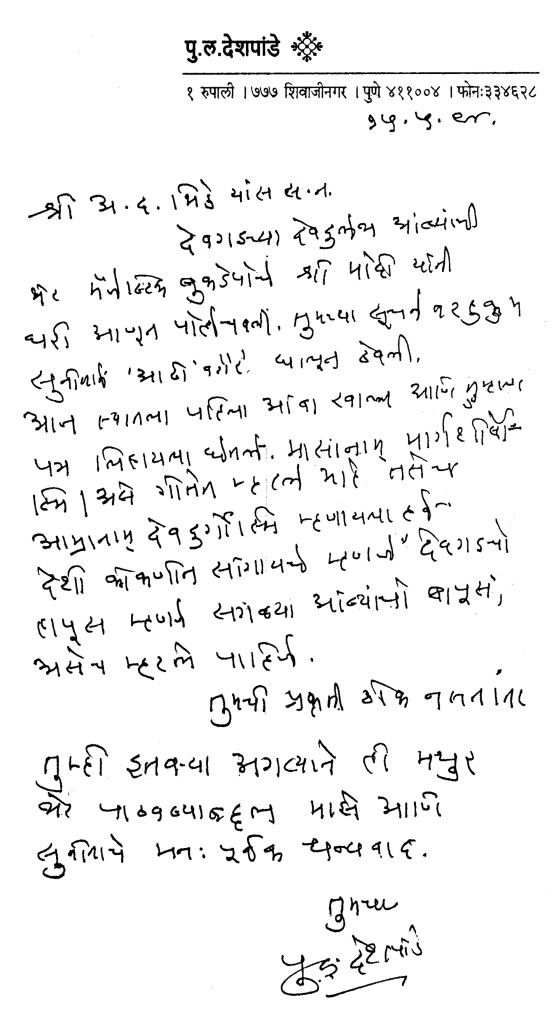We and our member farmers in Devgad (and all farmers in Konkan) were delighted at the start of this year (2011) on sight of our Alphonso trees. Riding on a twice-the-average bloom, a blanket of flowers had wrapped almost all Alphonso trees, so much that leaves were hardly visible. That gave us a hope of a decent crop, something we have been longing for five years.
However, by the start of March, the orchards in Devgad and Konkan wore a devastated look like brown, dried Alphonso flowers lay scattered on the ground or dangled lifelessly from the trees in an occasional breeze. Alphonso season normally starts in March and lasts through May or till the monsoon starts. This year Alphonso was nowhere to be seen in the market even till April end. Of course, there was some mango in the market being passed off as Alphonso.
Now as we take stock of what happened, we realized that we managed to get only 15-16% of the average production, inflicting a huge loss, for the fifth straight year.
But what really went wrong?
First, there were untimely rains in November and December. That is the flowering time of the Alphonso and it needs a cold temperature for bearing fruit. So the flowering took a hit. Then in January-February, there was a severe cold wave that gripped the country. That is the time when fruit-bearing starts, but because of the cold wave, the Alphonso trees got a shock and went into traumatic stress. Because of this stress, there was a forced or induced flowering of the trees, and trees got wrapped in a thick blanket of bloom.
Alphonso trees have two types of flowers — male, with anthers that produce spores and female, with ovaries that pollinate and become fruits. For optimal production, Alphonso trees need to have 14-15% of female flowers. However, with forced flowering, the percentage of female flowers dropped to 4%. Also, the trees got tired as the nutrition was sucked up in the flowers.
For the female flowers to pollinate and fertilize, it needs a warmer temperature. However, with the cold wave, the fertilization was stalled and so the flowers did not fertilize to the fullest. Most of the bloom dried up and fell dead onto the ground.
After this suffering came to another deadly attack. A 1-3 mm long pest called Thrips is an enemy of the Alphonso. Farmers have been trying to keep it away from the trees using pesticides. However, the pesticide is very short in supply in the market. Adding insult to injury this year we found two new species of Thrips which scratch the tender fruit bud and there is no pesticide available against them. They scratch the skin of tender mango buds and thrive on the juice that oozes out. The fruit that grows out of these buds bears a discolored and disfigured skin, making it unmarketable.
Dr. Subhash Chavan, Associate Director Research, with the Maharashtra Government’s Konkan Agricultural University tells us that the University would likely develop a pesticide against these Thrips species by next year. Mr. Chavan heads research activities at eight fruit research centers of the University in Ratnagiri and Sindhudurg districts.
This season is now almost coming to an end and its season has been the worst in recent years! However, a silver lining in this dark cloud was our DevgadMango.com initiative which enabled us to give authentic Alphonso to patrons of the fruits. The response and feedback that we got from all of you have given us strength and new lease of life.
We deeply thank all of you for your support.

